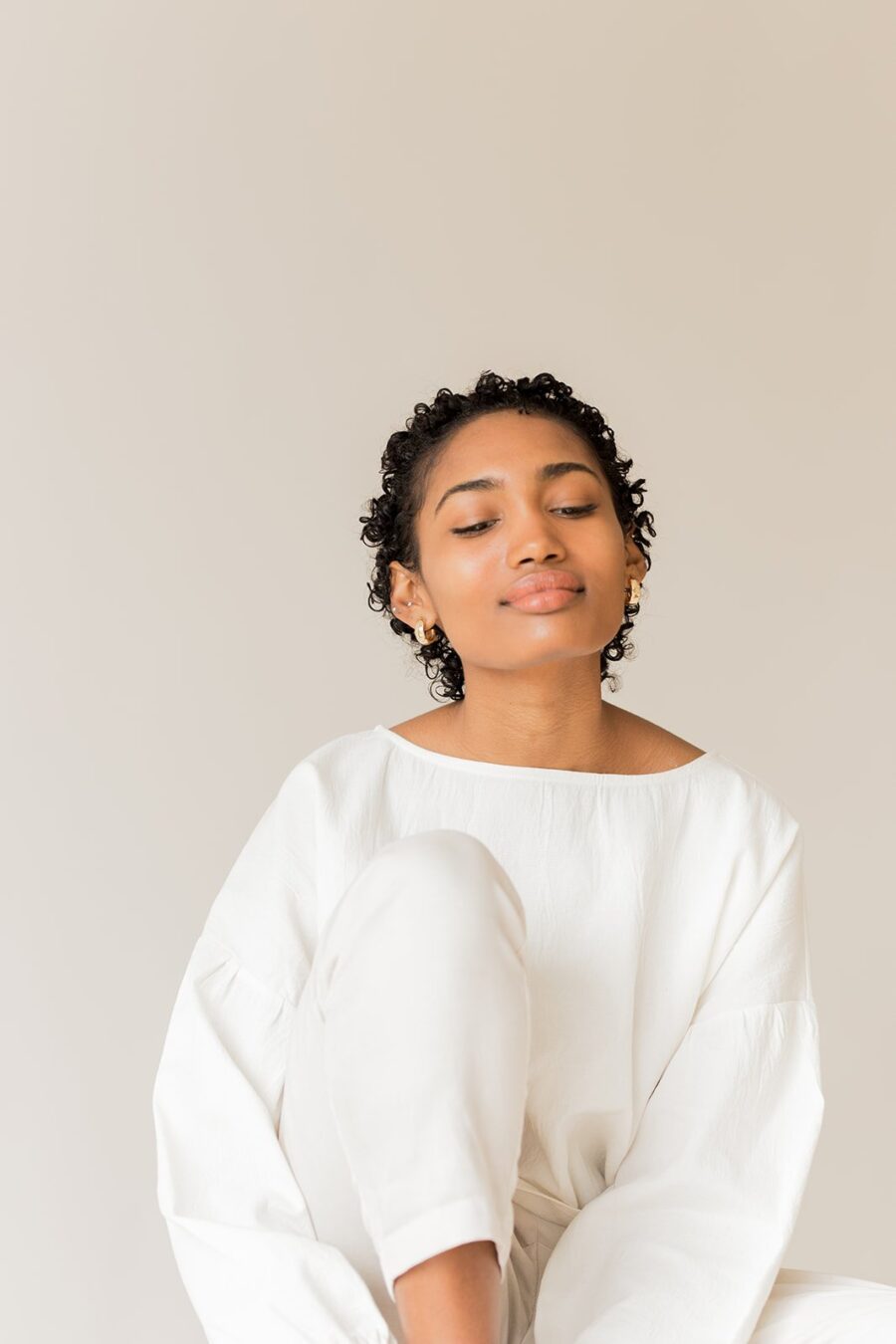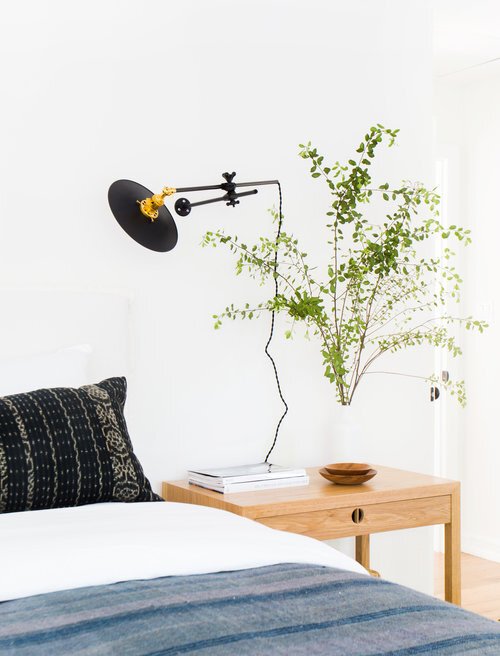
Why I Got Off The Pill After Taking It For A Decade
When I first got on birth control, I didn’t even have my driver’s license yet.
I was a 15-year-old who suffered from severe cramps—so bad that I once ended up in the ER because of them. I also had other PMS symptoms that bordered on unbearable. I wasn’t having sex, and it never crossed my mind to take birth control. My gynecologist, however, recommended I get on the Pill to see if it could help ease my near-debilitating discomfort.
I did it, and never looked back. That is, until a few months ago—at which point, I realized I’d consistently been on the Pill for almost a decade and a half.
According to Harvard University, “The story of how the Pill was engineered to suppress ovulation is one of the first examples of researchers using naturally occurring hormones to redirect normal human biology… Because of the intricate feedback loops controlling the menstrual cycle, artificially altering one or two hormones can affect the entire cycle.”
“I wondered: what was I like without the Pill? What is my natural cycle like nowadays?”
And it certainly affected my cycle for the last 14 years. I wondered, though: what was I like without the Pill? How does my body function without manmade estrogen and progestin constantly being added to it? What is my natural cycle like nowadays? These were questions I couldn’t answer. I’ve had these hormones modify my natural ovulation for so long that I barely remember what I was like before birth control.
Why I Decided to Go Off the Pill
I first asked myself these questions when, in the last few months, I noticed my PMS symptoms worsening. Thankfully, my debilitating cramps remained at bay, but the heightened emotional symptoms were newer, and all too much to handle. Before each period, I caught myself feeling irritable, fatigued, and lethargic, and experiencing a roller coaster of mood swings. I also struggled with nausea and bloating (big ugh). Long story short, I wasn’t fun to be around for at least one week out of the month, every single month.
According to Medical News Today, the Pill can cause a slew of side effects: intermenstrual spotting, nausea, breast tenderness, headaches and migraine, weight gain, mood changes, missed periods, decreased libido, vaginal discharge, changes to eyesight, and more. There are also long-term risks such as cardiovascular problems and certain cancers.
“Even though getting off the Pill would be a small change, it felt like a big deal. I was nervous.”
An online reviewer of a commonly used pill brand seconded my experience, saying, “It made me feel depressed and have little energy. I also experience a burning sensation in my stomach after taking it. I feel nauseous for a few hours after taking it. Would not recommend it to anyone.”
When I was in the throes of mood swings and nausea, I chatted with a coworker who had gotten off the Pill and swore it helped ease her mental health symptoms—ones she believed worsened from being on the Pill for many years. For the first time, I actually considered getting off the Pill. Not permanently, but just to see how my body would react. Even though getting off the Pill would be a small change, it felt like a big deal. I was nervous.
How the Pill Used to Work For Me
That’s because it’s been such a blessing in many ways. For starters, it regulated my cycle to a T. Like clockwork, every fourth week, I’d have my period. There were no surprises. Before, my cycle was far less predictable. I’d sometimes wait two months or more for my next period to start. Also, on the Pill, my flow became lighter and more manageable, and my periods only lasted for three to four days. Before, I had heavy periods that lasted a full (and very miserable) seven days.
“I never thought to get off of it. But as my emotional symptoms worsened, I realized—at the very least—I should give it a shot.”
Just like there are negative side effects, there are many positives to using the Pill—a reason many women, like myself, are prescribed it. This includes regulating the menstrual cycle, easing period pain, getting rid of hormonal acne, reducing risk of uterine cancer and ovarian cysts, relieving PMS and PMDD symptoms, managing endometriosis and menstrual migraines, reducing anemia, and more, according to Healthline. Plus, different kinds of pills (with different amounts of hormones) affect women differently.
A pleased reviewer of the aforementioned pill had a positive experience: “This is [the] 5th pill I have tried as a form of contraception, and I have been really happy with it. I have more energy, I don’t get bad mood swings in comparison to the others I’ve tried, my nails are longer and stronger…”
Since the Pill alleviated enough of my symptoms and kept me regular, I never thought to get off of it. But as my emotional symptoms worsened, I realized—at the very least—I should give it a shot. Many women are following suit, and I encourage anyone who has any doubts about the Pill or is curious about getting off the Pill to explore their options.
What It’s Like Being Off the Pill
It’s only been about three months since I’ve been pill-free. I do immediately notice some differences. It may be part-placebo effect, but it feels like my emotional PMS symptoms have started to dull a bit. Before, I would cry at nearly anything—small arguments, sappy commercials, thoughts of puppies, you name it—and now, I’m a little more level-headed before my periods. It feels like an invisible weight has been lifted off of my shoulders. In a weird way, I feel freer and more in control.
“Now, I’m a little more level-headed before my periods. It feels like an invisible weight has been lifted off of my shoulders.”
And that’s the best part: this feeling of not having artificial hormones affect and control my body. When I got my first period after getting off the Pill, it just felt more natural. It didn’t come like clockwork (it was a few days late), but there it was—in all of its natural glory. I felt the same about the second one, which was even less timely, but still came when my body’s natural hormones allowed for it. Before each period, I worried: what if it doesn’t come? What if my body is so used to hormones that it can’t work on its own? Thankfully, that hasn’t been the case.
I’m going to continue living pill-free for a few months to see how my body adjusts. This doesn’t mean I’ll never get back on the Pill or try a different form of hormonal contraceptive—but for now, it seems to be working for me. The Pill and these hormones affect everyone very differently. For some, they’re necessary. They’re lifesavers. For others, the side effects may be too severe, and getting off the Pill or using an alternative is something to consider.
It’s important to let your body decide what works best for you. Sometimes, that means doing what I did: breaking a 14-year habit and getting off the Pill, and observing how your body works in a natural cadence. I’m glad I tried it—so far, so good and, as far as my period goes, until next time!
Have you ever gotten off the Pill or considered getting off the Pill? If so, share your experiences in the comments below!
This is a story about a personal experience, not medical advice. If you’re considering getting off of the Pill or switching to a different form of birth control, consult your physician to make a plan that’s right for you!
Belinda Cai is a multimedia journalist who frequently writes about lifestyle, social and environmental justice, and identity and culture. She has a master’s in journalism and communications from the University of Southern California, and hails from Cincinnati, Ohio. When she’s not writing, she’s Wikipedia-spiraling, staying active, enjoying nature, and thrifting. Check out her website and Instagram.



